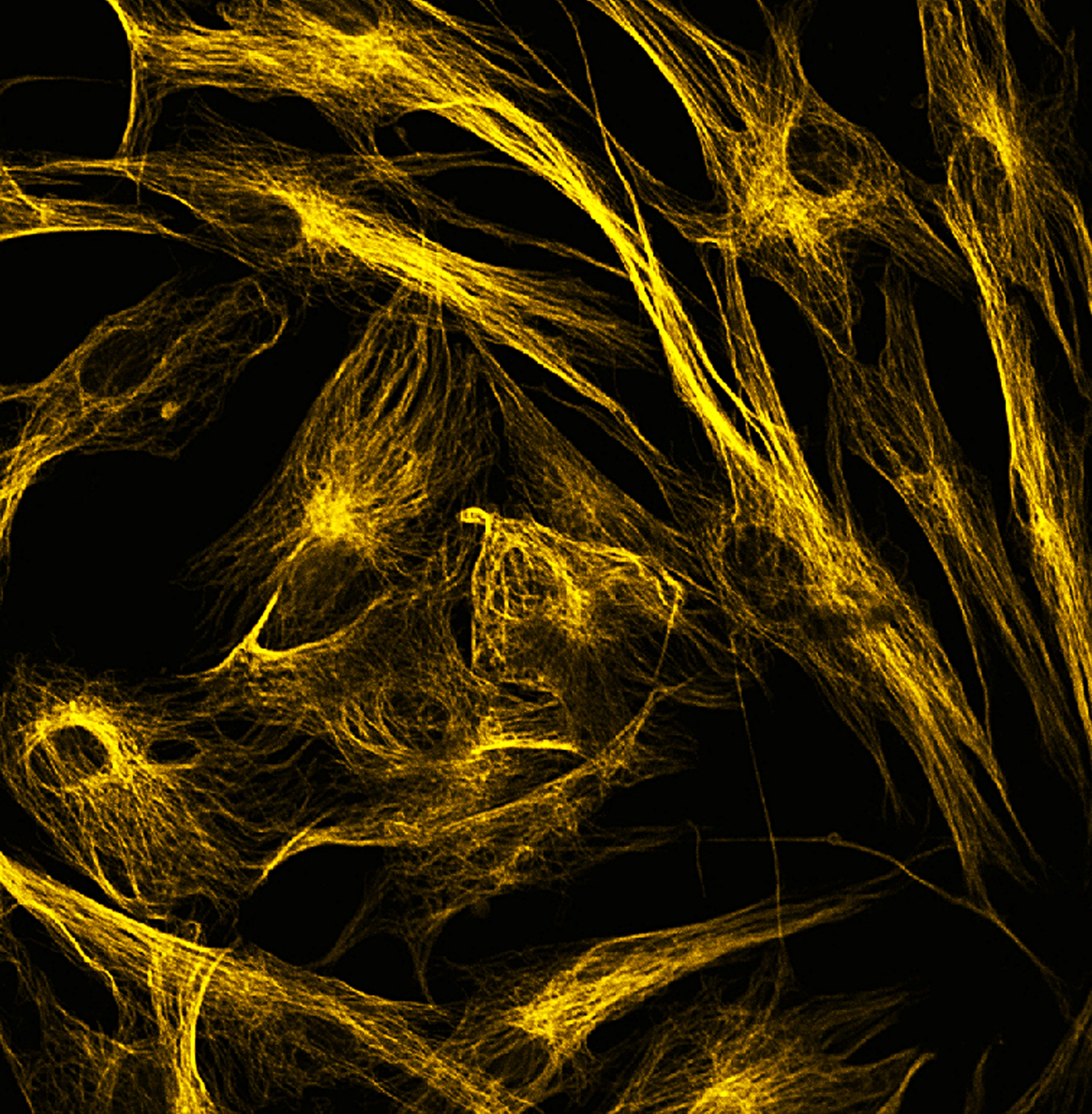Antegrin to Develop Oral Integrin Antagonists to Treat PF and Other Types of Fibrosis

Antegrin Therapeutics recently announced that it is expanding its current medication portfolio to include anti-fibrosis agents that block proteins known as integrins. The drugs were originally discovered at the Center for World Health & Medicine (CWHM) at Saint Louis University. Antegrin already offers several medications that target conditions characterized by fibrosis, including pulmonary fibrosis (PF).
Symptoms of PF, a disease characterized by thickening and scarring of lung tissue, and difficulty in breathing, can be treated, but therapies that might stop disease progression are greatly needed. Understanding the factors that lead to scarring is a critical first step.
Blocking integrins using medications known as antagonists is one possible avenue for PF treatment and the prevention of scarring. Integrins are thought to activate a molecule that may play a role in the abnormal growth of cells in PF — transforming growth factor beta (TGF-β) — so as to treat the disease. By specifically focusing on integrins and TGF-β, Antegrin hopes to provide a more targeted approach compared to current PF medications.
Scientists have already tested the orally delivered compounds in animal models, and human trials await. Antegrin’s integrin antagonists have previously been shown to be effective for preventing fibrosis in animal models of lung, liver, renal, pancreatic, and surgical implant fibrosis.
“This technology recapitulates the profile of Antegrin’s earlier chemical series in terms of biological mechanism but represents a breakthrough in terms of drug-like properties,” George Capps, CEO of Antegrin, said in a press release. “The licensing of these compounds is an important step towards Antegrin’s commercialization of effective integrin-targeting therapies.”
“This latest series of rationally designed, orally bioavailable compounds strengthens Antegrin’s portfolio of integrin antagonists and expands the range of fibrotic diseases that can be treated,” added Rajesh Devraj, PhD, chairman of Antegrin’s board. “We congratulate the scientists at CWHM for their innovation and look forward to building on their ground-breaking research as we advance our product candidates toward the clinic.”
The new set of compounds has shown promise in mouse models of PF, and will hopefully advance to studies in people with PF and further demonstrate their anti-scarring potential.






